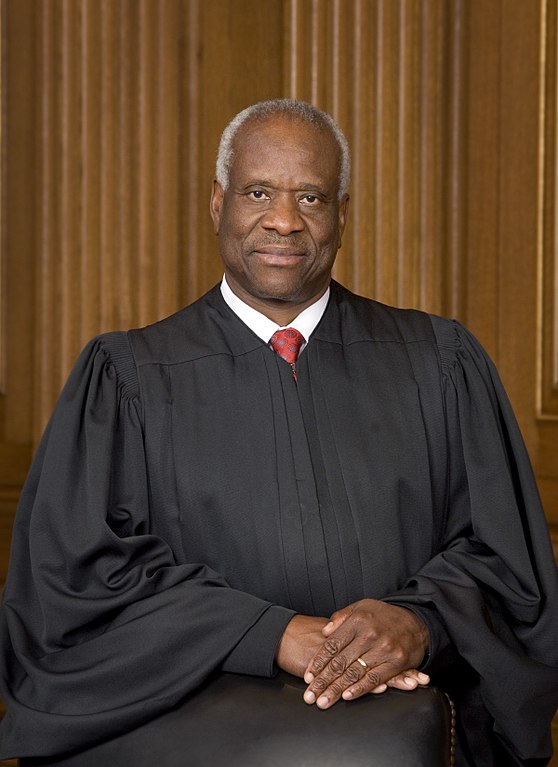Here follows a reflection, occasioned by a Julian Kwasniewski article on traditionalist debates over dancing’s moral legitimacy. My reflection took me to a broader problem, which seems to me to affect all of us—not just Traditionalists.
Julian Kwasniewski recently put out a fine article lamenting the animosity towards dancing often found in traditionalists communities. Mr. Kwasniewski tells how some parishes and groups view dancing as sinful, or at least something deeply suspicious. And he rightly lampoons such radical views, as not only “out of touch with the Christian village experience,” but showcasing serious “psychological inflexibility and a view of the Church’s moral teaching unnecessarily colored and caricatured by a moralistic OCD compulsion.”
I have little interest in further arguing for the goodness of dancing; at any rate, I think Mr. Kwasniewski just about covers what at minimum any sensible person would say. But his article made me reflect on a broader issue that negative attitudes towards dancing reveal: issues that I, personally, have seen within and without, and which I think are especially relevant to traditionalism under this current Papacy.
As every blade of grass now knows, in the past few years Pope Francis has severely restricted the Latin Mass, with serious rumors of further tightenings on the horizon. The oft-stated reason for this is fear traditionalists don’t “accept” Vatican II. And the oft-repeated rebuttals variably insist that, actually, they do; or they don’t need to; or some other encirclement of the debates about “The Council.”
I think this misses the mark. My opinion, uninformed as I am with the inner workings of Jorge Bergolio, is that Pope Francis’ actions towards the Latin Mass stem much more from perceptions of, in his words, “rigidity.” The Pope has shown himself less a theologian than a pastor. And it strikes me as likely that he cares less about how many Catholics believe certain erroneous propositions and more about whether a particular persuasion has become, in his mind, toxic towards the community and pastoral life of the Church.
I share a lot of frustrations with conservative American Catholics about whether this characterization is correct. And all the more when it’s unfairly applied to one group more than others. But these questions aside—we must admit the Pope isn’t completely off base.
Christian communities can become “rigid.” When they do, it brings great harm to both the community and the Faith writ large. And, perhaps most painfully, “rigid” can be fairly applied to a not-insignificant part of the traditionalist world.
This is seen in the debate about dancing—especially in that it’s a debate at all. A hardline position against dancing indeed shows a “psychological inflexibility,” a moral analysis detached from real world experience. But these psychological traits can’t just be operative in questions of dancing; they naturally build a broader and therefore more sinister culture and worldview.
This of course isn’t necessary to traditionalism itself. Nor is it unique to traditionalism. It happens in every Christian community that’s large enough, and maybe even more often in any Catholic community. But it happens more often in traditionalist groups than Novus Ordo parishes, who more often struggle with laxity. Yes, at any parish you will find Pharisees and tyrants, whether over moral norms, or simply over the volunteer schedule. But as for the “moralistic OCD” vibes Pope Francis seems most concerned with—I think any honest and well-traveled trad would admit is found too often and too intensely in traditionalists circles.
We come to Catholicism and traditionalism with our manifold temperaments and personal histories. These impact our psychology, both drawing us towards particular goods, and giving us potential blind-spots. And of the multiple backgrounds and temperaments that attract people to traditionalism, many of these also encourage approaching the faith as an abstract moral analysis—which will be all the purer the further removed from experience, emotion, and community it is.
This isn’t always a bad approach. Western theology has a desired to be systemized. And those systems require a rigorous academic analysis, which is “academic” precisely because it’s dispassionate. And its prevalence in traditionalist circles gives a lot of the theological rigor that so many value in their parishes and studies.
But there is also a great danger in this detachment. It’s impossible to apply to all matters—or even most matters. Our Faith isn’t academic. And less so our parishes, and our spiritualties. These are existential, and so ought to be “dwelled on in our hearts” like the Blessed Mother—a probably illiterate young maiden who grasped the highest truths simply by being open to God’s world around her.
The result of misapplying a dispassionate mindset often leads to a psychological inflexibility. Paradoxically, this rigidity has a hard time noticing or accepting its own error, sticking to absurd (but dispassionate) conclusions as others stick to their fiercest, most passionate ones. Rad-trad positions on dancing is a fine example of this tendency, prompting Mr. Kwasniewski to ask: “I often wonder if the people who oppose dancing have ever actually danced!” If they hadn’t, their position wouldn’t be concerning, only ignorant. Unfortunately, they have danced—and were insensible to its God-given goodness.
The harm at stake shouldn’t be underestimated. Evangelistically, these attitudes turn off any potential believers, who, not invested in our theological projects, will quickly and rightly see us as out of touch with the humanity and experiential goodness that have led them to even explore Catholicism in the first place.
Second, inflexibility undermines our own communities, and especially families, whom we are supposed to be forming and supporting in their Faith. A culture that hates dancing, as Mr. Kwasniewski notes, produces awkward and undatable youth in those who accept such heavy-handed moral codes, and rebellious and licentious youth in those who don’t. The mindset that hates dancing, and the broader culture it makes, does the same.
That mindset forced upon our youth pits their religion against their humanity, their souls against their bodies; and one must wither. Temperamentally, some will more readily internalize hatred for their humanity, and some will instead internalize hatred for their religion. But both do violence to themselves, and to the authentic Catholic Faith of a God who became man.
The point isn’t to unfairly single out traditionalism. As said, every strand of Christianity can fall into this trap. The point is call to introspection. The last few years especially have been marked by tension, even conflict, between traditionalists and the Supreme Pontiff. Often, this has happened in an environment of heavy-handedness on the part of Rome. And such an atmosphere has a way to turn our focus outwards, towards real or perceived threats apart from us. But it would be foolish to keep our gaze only there. Regardless of how prevalent it may be in other persuasions; regardless of whether it warrants the corrective actions taken; the Pope has pointed out a fault among traditionalists, that if we’re honest, does exist.
Perhaps it’s just the fervor of the American election talking; but I’d argue introspection is what our culture needs the most, on every level. Certainly among politicians and political parties, where even a whiff of critical introspection sparks charges of “whataboutism” and blind fury at the excesses of the other side. But the politics is the symptom, not the cause. We need more introspection in families, in friend groups, and in our Church. We need to be able to look in the mirror and be honest about everything we see therein. And however you would judge him overall, Pope Francis offers a healthy occasion for introspection. Traditionalists could learn about their psychological inflexibility. Conservative Catholics could feel their idolization of politics. And progressive Catholics could listen to condemnations of their cherished abortion and gender ideologies. As has happened in broader society, no tribe within the Church really has a healthy, inwards look.
In this way, we’re all rigid now. Ironically, maybe even Pope Francis himself. It’s time to pay attention again to the Spirit-laden experience around us, both internally and externally.
Until then, I fear we’re all moralistic ideologues, missing out on the chance to dance.



